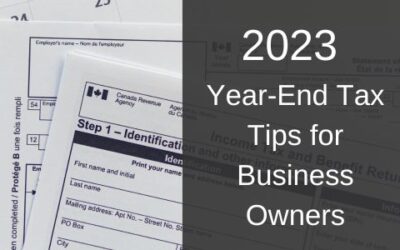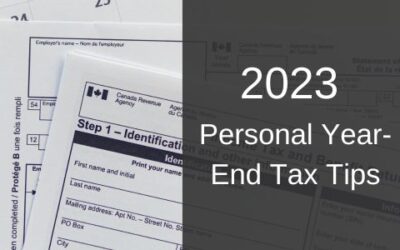Starting Your Career
I’M STARTING A NEW CAREER, WHAT DO I NEED TO DO?
Starting Your Career
Who?
- Age 21 to 34 Years Old
- Starting your career
- Finished school
Priorities
- Pay off debts, student loans, credit cards
- Establish an emergency fund
- Start a Budget
- Pay yourself first: start a regular savings plan
- Downpayment for a home
- Save for large purchases: such as car,
- Start saving for your retirement
- Review your benefits from work including your health and disability benefits.
Latest News
2024 Financial Calendar
Stay ahead in 2024 with our comprehensive financial calendar! From tax filing to benefit distributions, we guide you through key dates like the $7,000 TFSA contribution and $8,000 First Home Savings Account. Bookmark now for a financially savvy year!
2023 Year-End Tax Tips and Strategies for Business Owners
Maximize your tax benefits as a business owner in 2023! Learn key strategies for salary vs. dividends, passive investments, and more.
2023 Personal Year-End Tax Tips
Maximize your tax savings! Discover expert tips on investments, family deductions, retirement, and more in our latest article.






